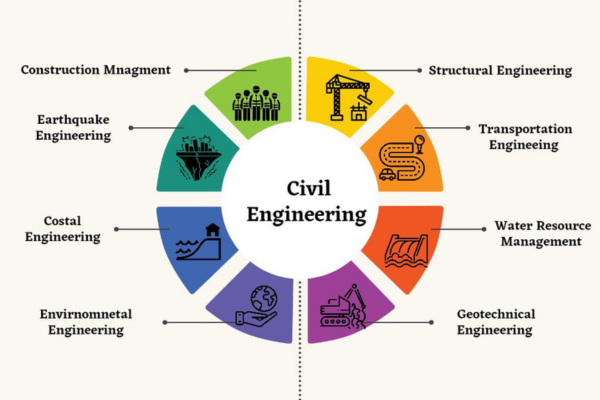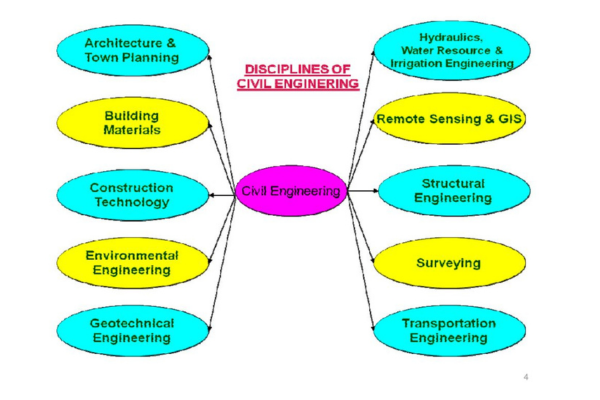Concrete In Construction At A Glance
The Foundation of Modern Building Concrete is the backbone of modern construction, playing a pivotal role in shaping our urban landscapes. Its...
3 min read
 Ankita Agnihotri
:
October 8, 2023
Ankita Agnihotri
:
October 8, 2023

Embarking on a career in construction is an exciting and rewarding journey, especially when you choose the path of civil engineering. Civil engineers are the masterminds behind designing, planning, and constructing the infrastructure that supports modern society.
In this guide, we'll explore how to kick start your construction career through civil engineering.

Also civil engineering degree can open up various job opportunities in the public sector, including government jobs at the local, state, and federal levels. Here are some common government jobs options for civil engineers:


Conclusion
A career in civil engineering offers a world of opportunities in the construction industry. By pursuing the right education, gaining practical experience, and taying committed to professional development, you can embark on a fulfilling journey in construction, where you'll play a vital role in shaping the future of our built environment.
Remember that every bridge, road, building, and water system begins with the vision and dedication of civil engineers. Your career can be a testament to your commitment to creating a better, more connected world.
Also to secure a government job in civil engineering, it's essential to meet the specific qualifications and requirements outlined in job postings. This may include passing civil service exams, obtaining relevant licenses or certifications, and demonstrating a strong understanding of engineering principles and regulations.
Additionally, networking with professionals in the field and staying updated on industry trends and advancements can enhance your prospects for government employment.

The Foundation of Modern Building Concrete is the backbone of modern construction, playing a pivotal role in shaping our urban landscapes. Its...

Natural language processing is a branch of artificial intelligence that enables computers to understand, interpret, and manipulate mortal or human...

Electronics engineering in India has transformed from a nascent sector to one of the most dynamic and promising fields in recent years. This...